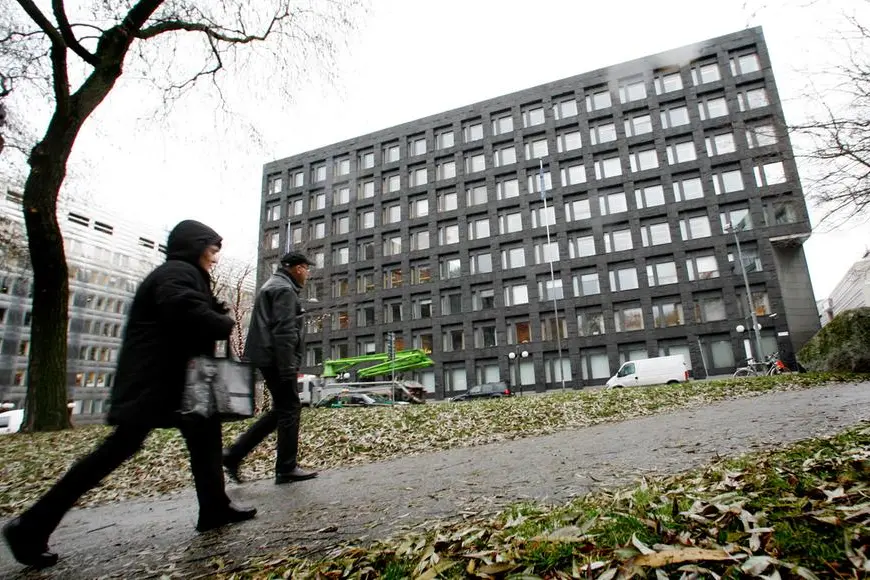PHOTO
Swedish inflation eased from 30-year highs in March, but the dip may not be enough to divert the central bank from plans for a hefty interest rate hike later this month, analysts said on Friday.
Headline inflation slowed to 8.0% from a year earlier thanks to lower energy prices and base effects, statistics office data showed. Stripping out volatile energy prices, it was 8.9%.
That compared to 9.4% and 9.3% respectively in February, with the decline bigger than forecast by analysts.
But price pressures remain far above the Riksbank's 2% inflation target and have overshot the Swedish central bank's expectations for three months in a row.
"We maintain after today's data that the Riksbank will hike by 50 basis points (on April 26)," Swedbank said in a note.
Swedbank said the gap between underlying inflation and the Riksbank's forecast was "far too high for the Riksbank to not err on the hawkish side" and forecast another 50 basis point hike in June.
The war in Ukraine and the lingering effects of the coronavirus pandemic have pushed up prices around the globe forcing central banks to hike rates at a record pace.
Inflation now looks to have peaked, however, and many economies are seeing growth slow sharply.
But central banks remain worried that price pressure will not fall back quickly enough and will spill over into big wage rises in a self-reinforcing loop.
In February, the Swedish central bank said it expected to raise the policy rate by a quarter or a half percentage point when it announces its next policy decision.
Most analysts expect a 50 basis point hike at the end of this month, taking the policy rate to 3.5% and at least another quarter-point hike in June.
There is considerable uncertainty, however.
Turbulence in the banking sector has tightened financial conditions, although a full-blown crisis looks unlikely.
Inflation expectations have remained stable and wage agreements have been moderate - which could also support a more cautious approach to rate hikes in a fragile economic environment.
However, markets see another 75 basis points of rate hikes from the European Central Bank hiking by September.
The Riksbank is already worried that the weak Swedish crown is making its inflation-fighting job more difficult and failing to keep up with the ECB would make things worse.
(Reporting by Simon Johnson; Editing by Alexander Smith)





















